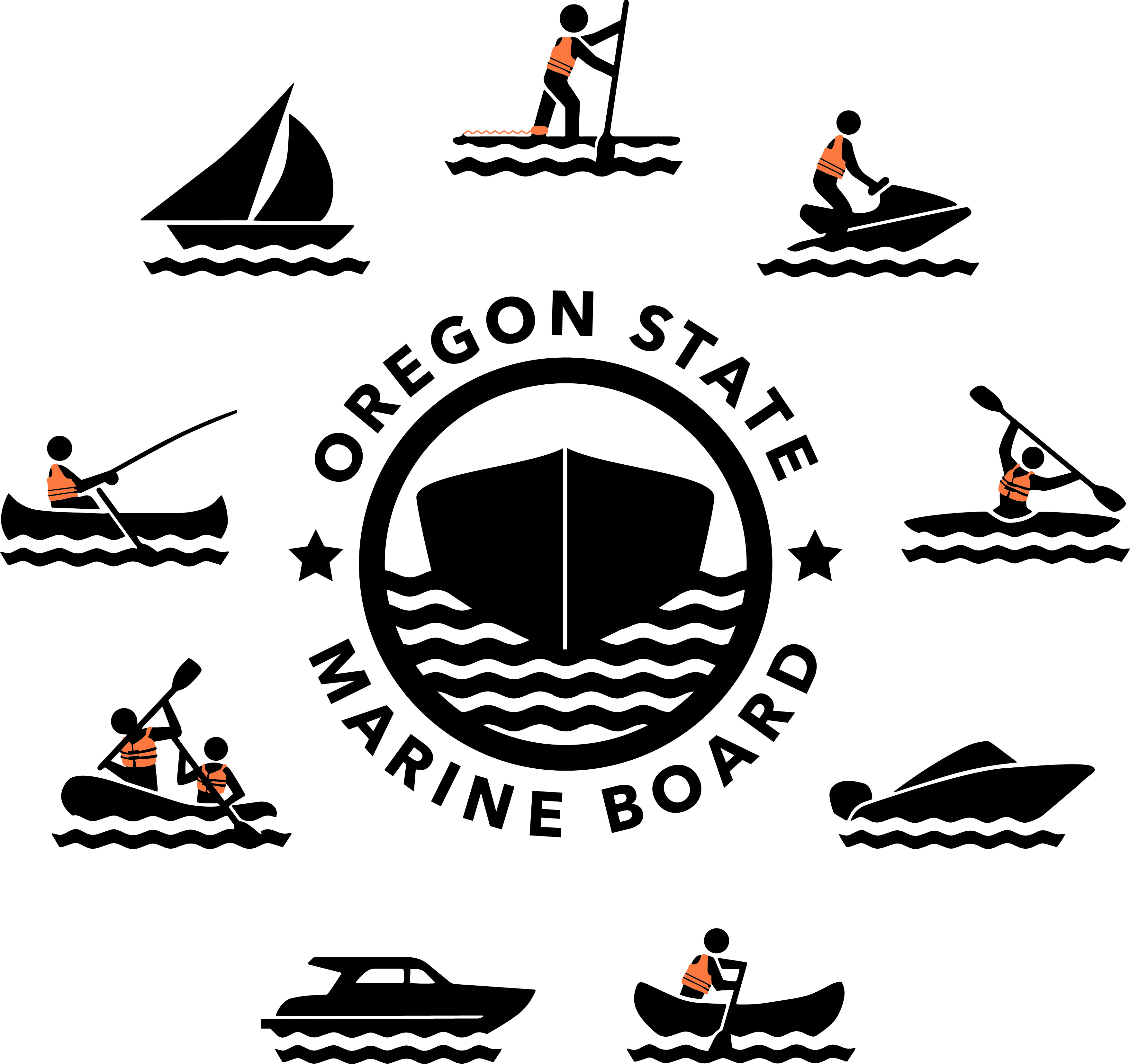Environment
·
Carry portable toilets or use developed restroom (floating and land-side) facilities. If you must use land, dig a small hole 6-8 inches deep, 4-6 inches wide, and up to 12 inches long (longer if there is a group of people) at least 100 feet from the high water river bank and bury your waste completely.
·
Nothing overboard! Stash your trash and dispose of it in the garbage container near the boat ramp or at home.
·
Be a clean boater. Make sure your boat is well-tuned, in good working order and the bilge is clean.
·
Remove your drain plug after boating and drain all water-holding compartments to ensure aquatic invasive species aren’t being transported. Clean, Drain and Dry your boat after every use.
Fishing
·
Learn the local “customs.” Talk to other anglers about locally accepted traffic patterns, anchoring protocols, areas traditionally left for bank anglers, etc.
·
Give bank anglers plenty of room.
·
Share prime holes with other anglers. Do not block fishing holes.
·
Repeatedly fishing or motoring back through a hole can be unfair to other river users. Allow other boaters to fish in an area.
·
Before joining a hog line or group of other anglers, ask if they mind and let them know what you are doing. Make sure you have the proper gear to do this safely –it’s not always easy.
·
Do not fish over or harass spawning fish.
Wakes
· Watch your wake. “Slow no-wake" is defined as operating a boat at the slowest speed necessary to maintain steerage and reducing or eliminating waves that appear as whitewater behind the boat.
Motorboat operators need to operate at slow no-wake speeds within 200 feet of:
- docks
- float
- floating home
- boathouse
- designated boat moorage
- floating restroom, or
- person in the water
·
Avoid power turns, especially when other users are nearby or when operating on narrow rivers.
·
Avoid shallow waters for water sports where wave amplitudes are higher and can “stack” when there’s a lot of boating activity.
·
Know the local area rules of boat operation.
For new boaters, learn more
about "The Art of Boat Launching."
